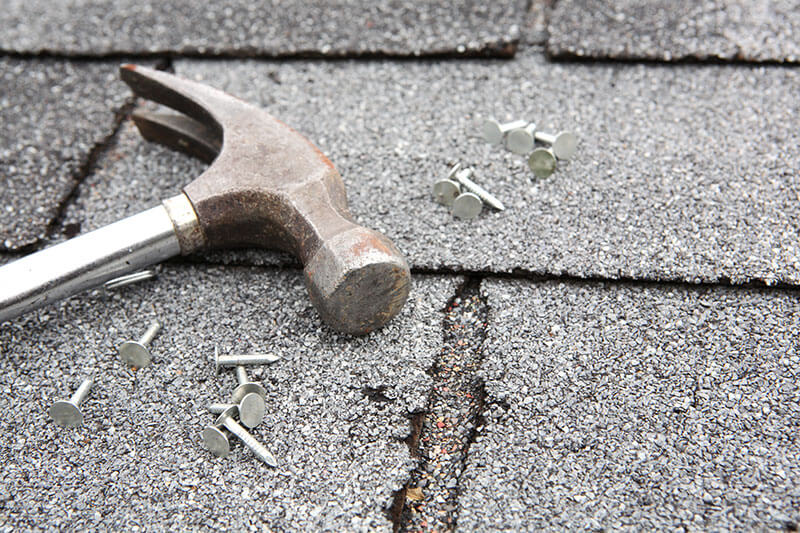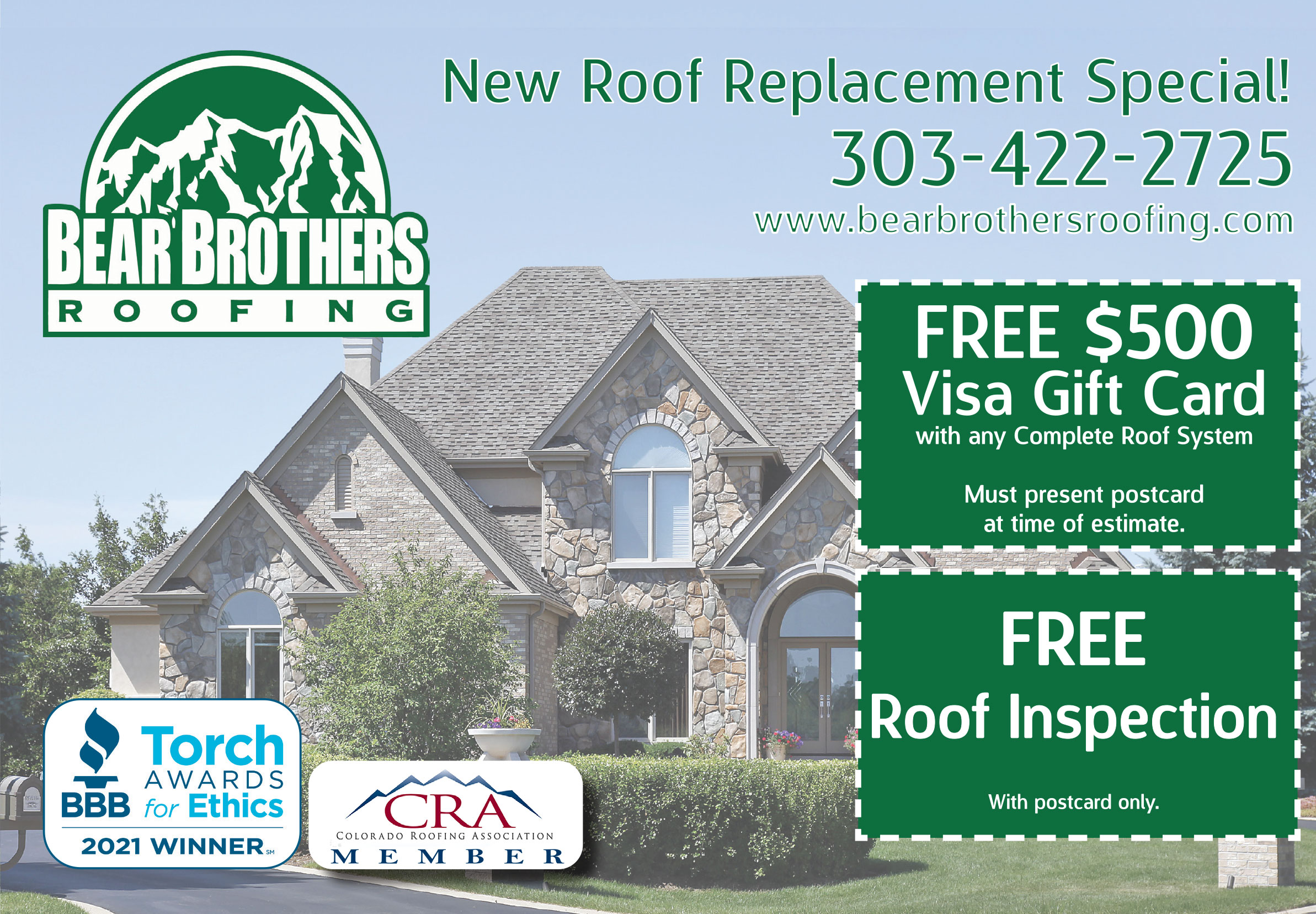Low Slope Roofing Systems in Denver, CO
Residential Low Slope Roofing
When discussing residential low-slope roofing, there are two main categories. Large residential low-slope roofing applications including townhomes, row homes, and condominium complexes. Small residential low-slope roofing projects including garage or porch transitions where it goes from a steep-slope on the central part of the house to a low-slope within the same structure. Even though the rest of your residential roofing system may be covered in shingles, that doesn’t mean you can do the same for any low-slope section of roof. If the slope of the roof is not steep enough, water will not shed off the shingles the same way as it would using low-slope materials.
Common Materials Used
Modified Bitumen
A commonly used material for residential low-slope roofing systems, modified bitumen uses rubber and plastic combined with hot asphalt layered between fiberglass or polyester sheets to create a protective layer to cover your roof. The lifespan of MB depends on the number of layers used.
EPDM
This synthetic rubber-based roofing material is a single-ply membrane known for its proven durability. The seams are typically sealed with an adhesive which can require maintenance over the years. However, when installed properly, it can last up to 25-35 years.
Standing Rib System
Combining the performance of a single-ply membrane with the architectural prowess of standing seam roofing systems, a vinyl rib roofing system is a great choice for low-slope residential roofing projects. The vinyl ribs are heat-welded for high-quality protection.
PVC
Polyvinyl chloride is a single-ply membrane material that is quite durable. The seams of this material are heat-welded, creating a powerful, watertight bond. PVC resists moisture and is highly reflective. The lifespan of PVC is typically 25-35 years.
TPO
Thermoplastic polyolefin is a single-ply roofing membrane ideal for flat roofs. Once heat-welded, these sheets become impenetrable against all the elements thrown at it. It is also highly reflective of solar heat, making it an excellent choice for those looking to be more energy efficient. TPO has a lifespan of 20-30 years.

Low Slope Roofing Maintenance
CONTACT Us FOR YOUR low slope ROOFING NEEDS
When you need an experienced team to work on your next residential low-slope roofing project, call Bear Brothers Roofing. With over 18 years of experience, our team will help you determine the best type of roofing material and install it with the highest workmanship so it will last for years to come. Click below or call 303-422-2725.
Website by The Evoke Group


